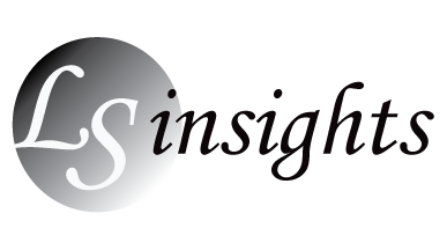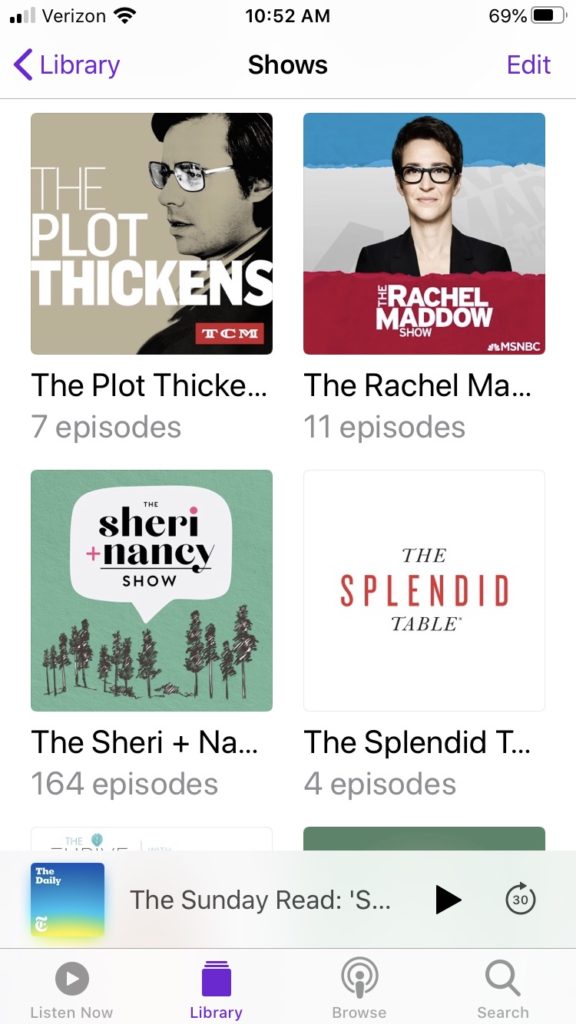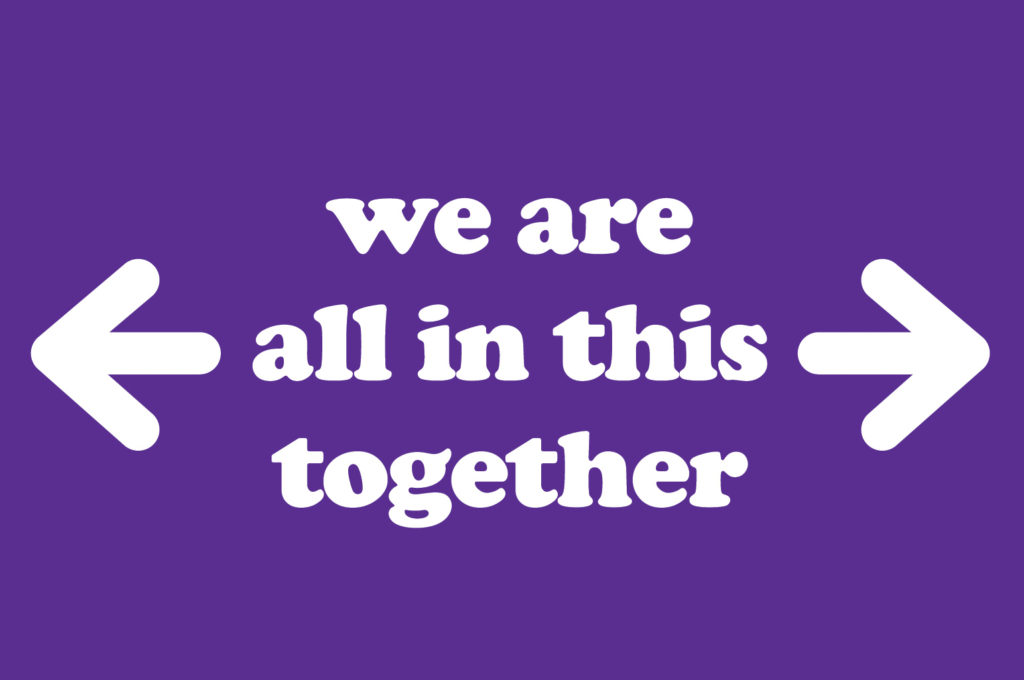
As we approach the final week of (hopefully!) our last 4 years of political torment, I’m trying to focus on these words. I’m pushing myself to choose grace and heart as we work to get past this disastrous year.
I was inspired to write this blog from a Brenè Brown interview with the amazing Alicia Keyes. Referring to her recent book, Alicia spoke about getting to a point in her exalted career where she felt spent, realizing that she had inadvertently made so many small compromises that together brought her to a place she didn’t like. She dug deep to examine what she really wanted, ultimately doing a 180°in how she handled herself, her career and her schedule.
So many of us are reeling from this strange time. Several of my friends have recounted how uncertain they are feeling about their current job or lack of work or state of their relationships. Covid-19 has offered the sudden disruption that has many — most? — in the questioning stage. Taking a cue from Alicia Keyes, it helps to go beyond simple questioning to a self-examination of one’s “why.”
My “why” journey
I did a “why” inquiry in the run-up to my decision to retire after 30 years at the US Department of Energy. Due to a Trump Administration budget change, I was moved to a new office under different leadership. Although I was in a great job and worked with wonderful, brilliant people, I soon became extremely frustrated. I found I had no respect for the senior decision makers in my line, who put in place a sycophantic structure that led to ill-informed and unnecessarily destructive decisions. I saw little courage anywhere in my management chain. Rather, I felt that I was being directed to accept repeated bad decisions that together affected the program I worked on and how I felt about my career, which to that point I had been very proud of and praised for. I didn’t see this leadership style changing for the foreseeable future.
Knowing I could retire with benefits in six months, I carefully examined whether I should stay and what I could do instead. I realized I had been a good soldier for 30 years, taking the risk adverse approach to a consistent employer even as my work assignments and responsibilities grew and varied widely over the years. Maybe it was time to jump into the great unknown. It may not sound like a big leap, as I was at my retirement eligibility that guaranteed benefits, and I was prepared financially. But for me, it felt scary to give up on the career, colleagues and issues I cared deeply about.
My internal examination followed a somewhat deliberative process. Over those six months, I did a mental check-in with myself daily (sometimes multiple times a day) to gauge my level of job satisfaction. In my mind, I had a graph with x and y axes, and consciously thought about where I was on the curve. My antenna was up! I realized almost every day I was well below the line of satisfaction. Furthermore, I didn’t like the bitchy person I felt I was displaying at work.
As the decision point closed in, I began viewing this negative situation as a gift — the kick in the butt I needed. I doubt I would have seriously considered making this move had I found myself in the satisfaction quadrant of my mental graph.
I share this to show my process, not to advocate that others rush to leave a bad situation. I have overcome plenty of bad periods — see my prior or future blogs. While I chose to leave, I encourage those earlier in their career to stay the course if you’re working on issues you care about. But please take mental notes of what leadership qualities you admire or detest. You will be in a leadership role in the future. It’s critical that you bring your own lessons learned and become the leader you wish you had back when.
I’m now 2 years out from my retirement. I’m still re-evaluating whether I stay on the clean energy/climate change path I spent 30+ years becoming an expert in. I’m staying busy and satisfied exploring my creative side through the watercolor painting I’ve been doing, my genealogy project, volunteer work, a lot of covid-induced online learning opportunities,travel (pre-pandemic), the chance to see so many of my friends, and writing this blog.
I am still in the examination stage. How do I feel productive? What can I do to contribute to society for the next few decades? I’m trying to give myself the space and time to figure out what’s next.
For those thinking about a career change or shift, it’s okay to assess your “why.” Why should you stay in the same lane you’ve been in? Covid-19 gives us all permission to examine a shift – whether forced or voluntary.
Dealing with Disruption
In the energy field, we often talk about disruptive technologies. Technologies are disruptive when they upend what we’ve come to understand as normal.
A great disruptive example is electricity. Before 1882, when Thomas Edison opened the first power plant to operate his new technical innovation, incandescent light bulbs, our energy needs were provided very differently. Candles, whale oil lamps, and kerosene lamps provided light. Iceboxes kept food cold, and wood-burning or coal-burning stoves provided heat.
More recent examples of disruptive technologies are the internet, smart phones, search engines, social media and artificial intelligence. It’s amazing to think what our lives would be like without any of these – especially during a pandemic!
Covid-19 has offered us the sudden disruptive catalyst to appraise everything – our jobs, our family structures, what makes us happy, what our true values are, our consumption patterns, where we live, how we spend our leisure time and what we want for our future.
Regardless of what happens in the election, we will remain in an anxiety-filled period, at least until January 20. I’m clinging to the belief that the political, cultural and health-related disruption we’ve all been dealt is the price needed to catapult us into a more equitable, positive, environmentally-friendly culture and economy.
As I learned from my own disruptive change, it can be liberating to go through the process of examination and change. Whether you are going through a personal disruption or just worried about our collective one, I urge you to keep your antenna up and your heart open. By next month’s blog, we’ll see in which direction we’re headed!









